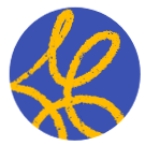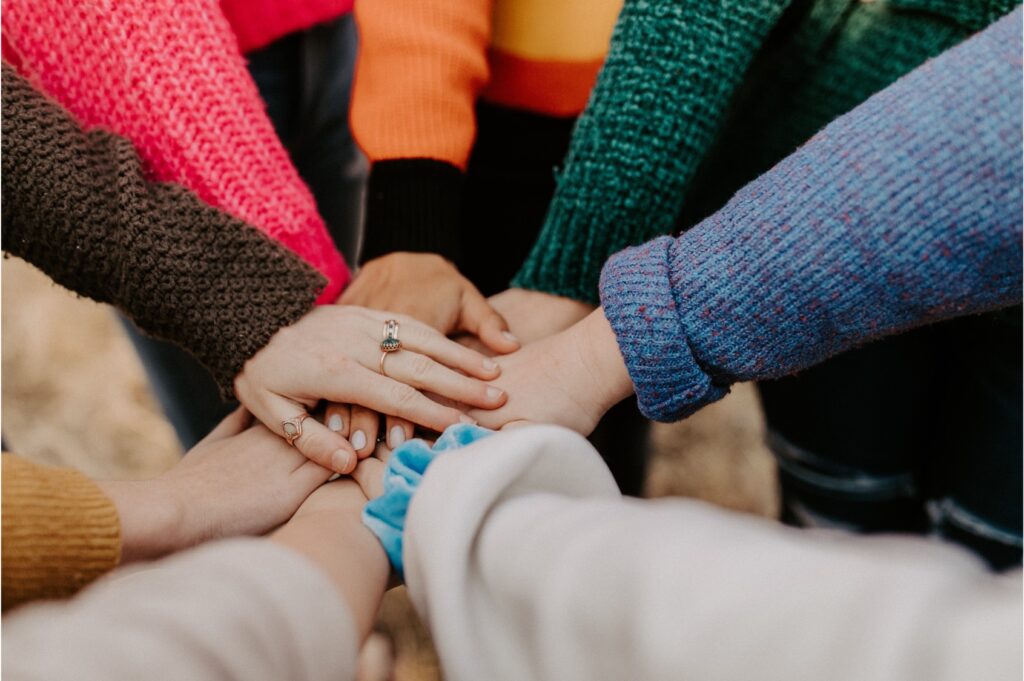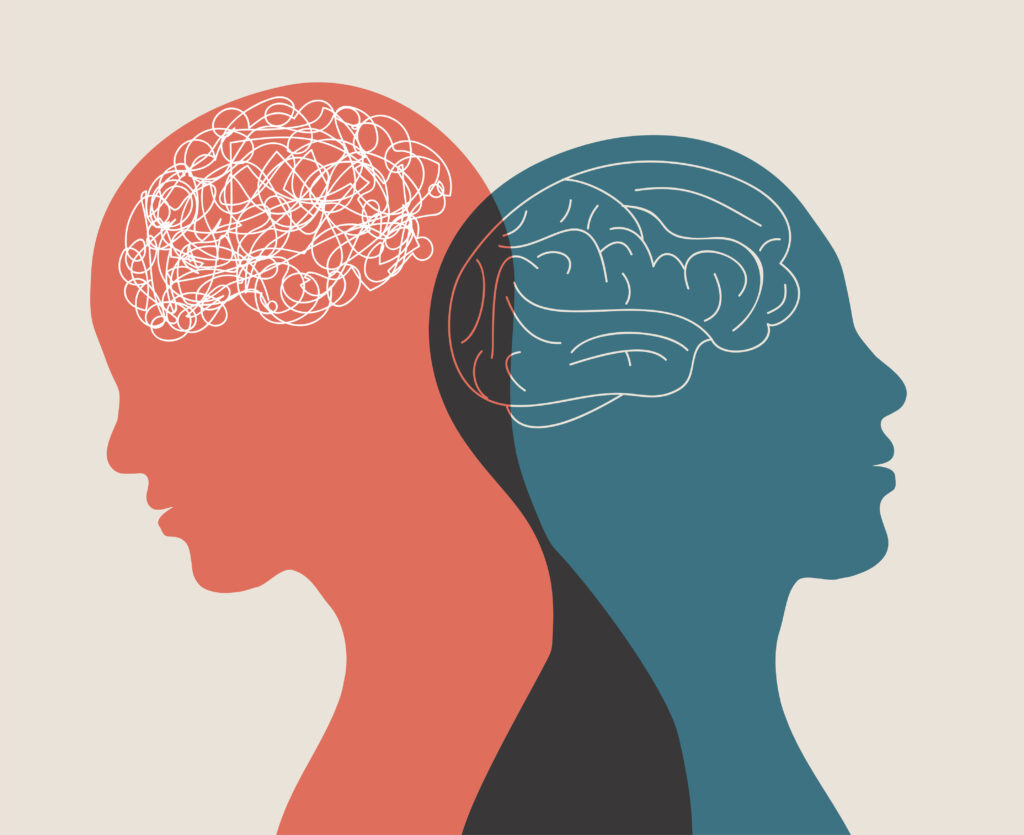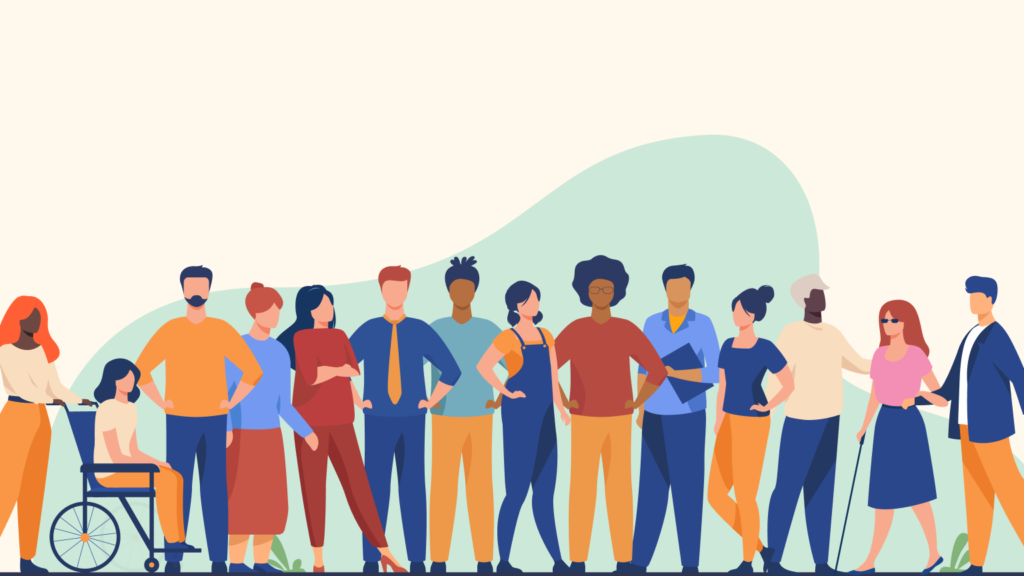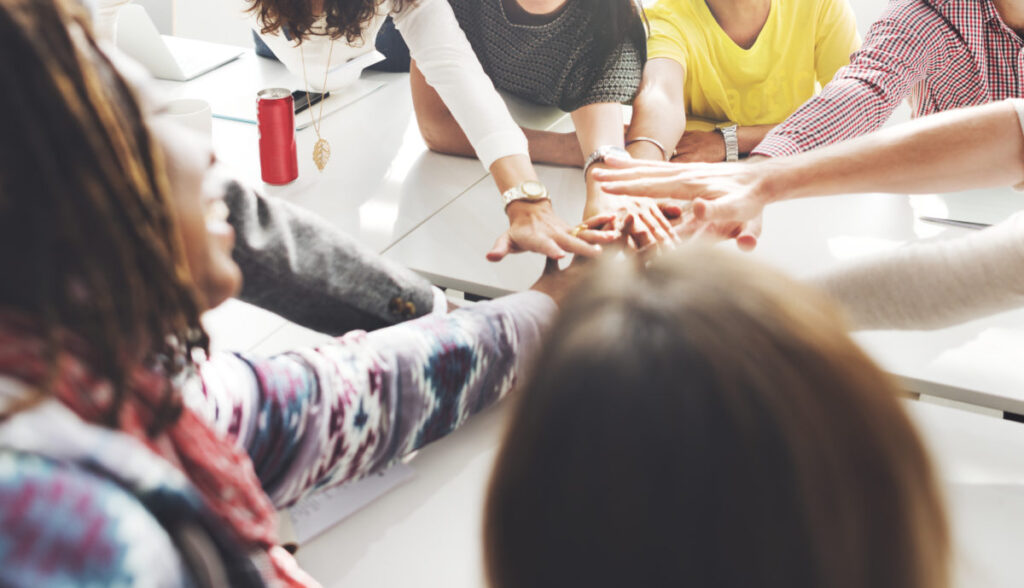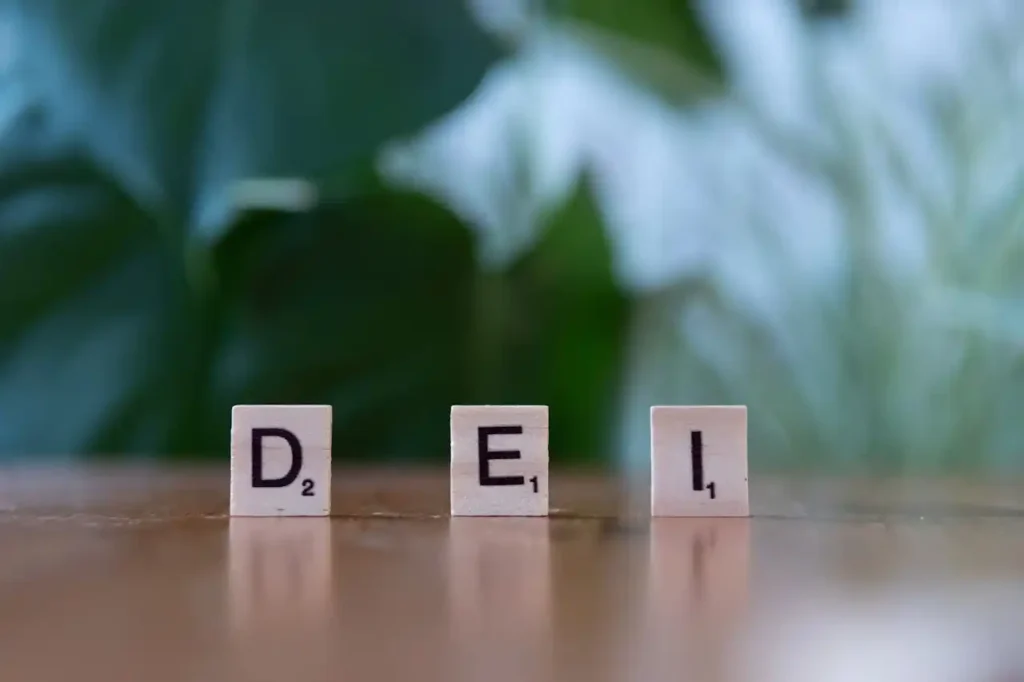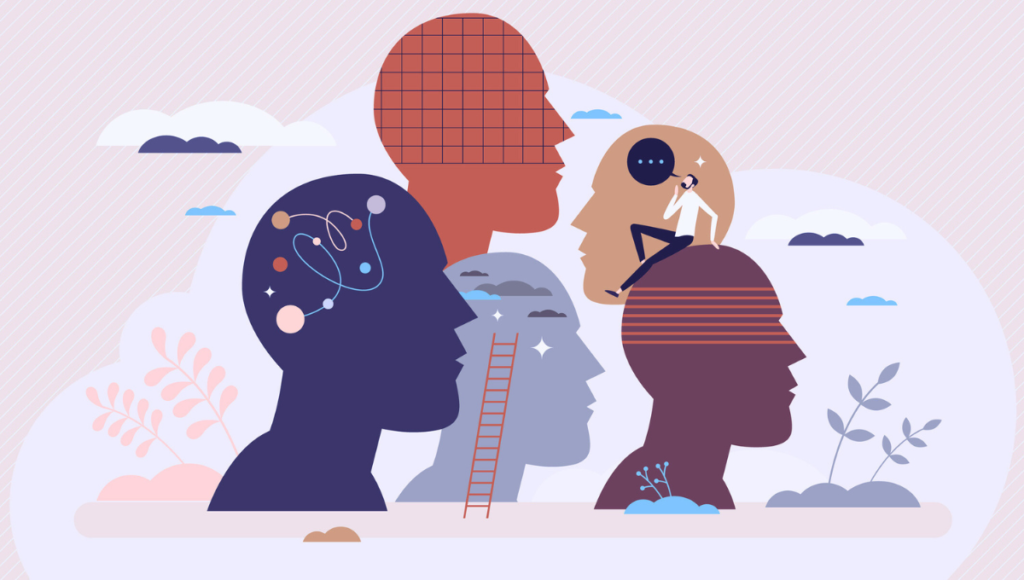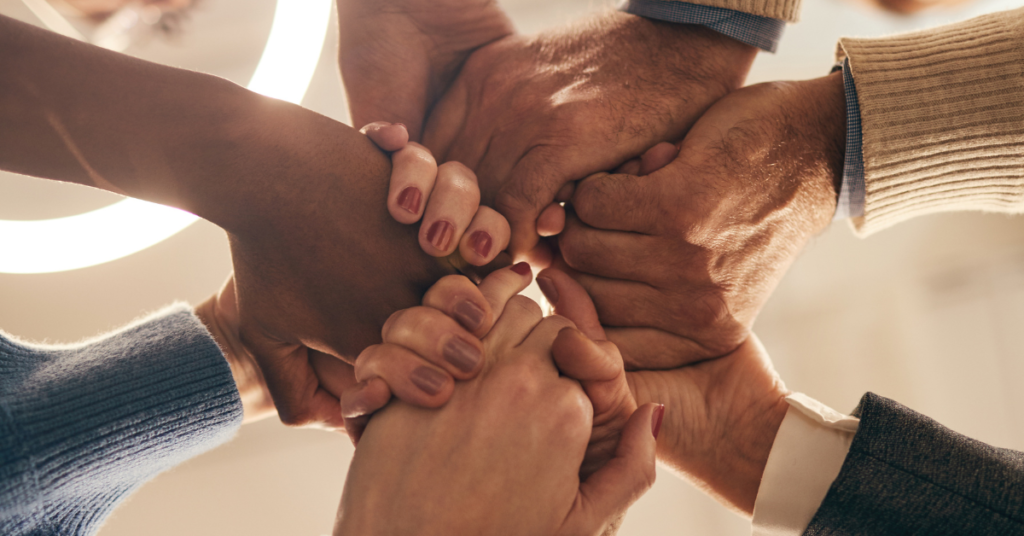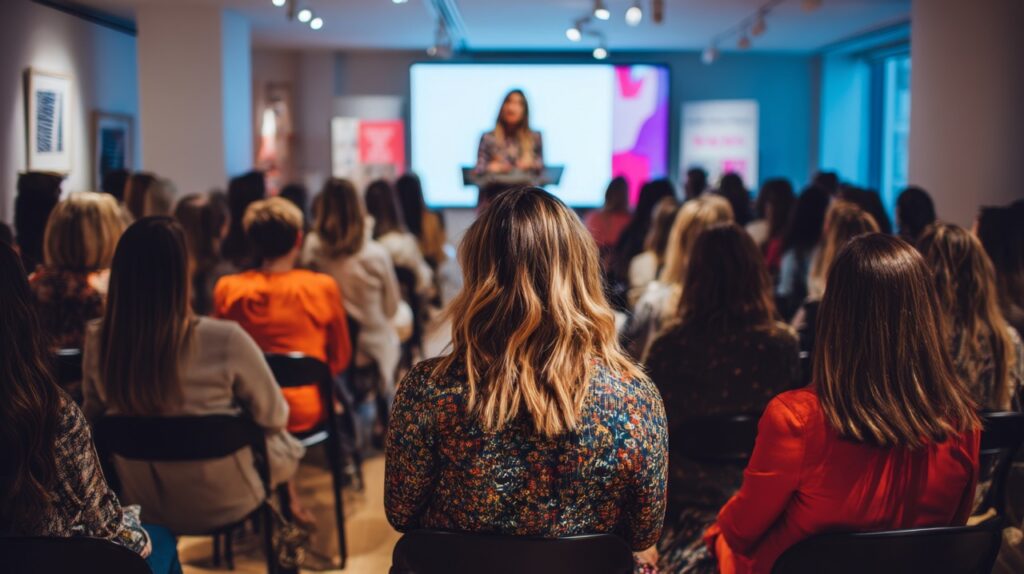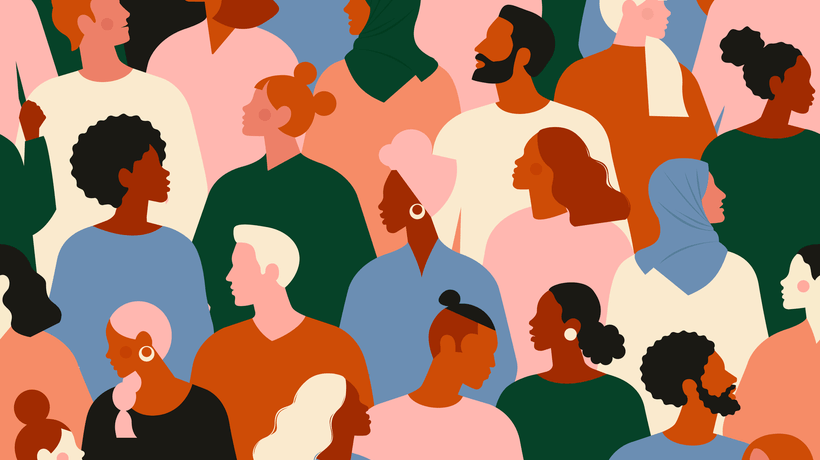June is National Indigenous History Month in Canada, an essential time to reflect on how Indigenous peoples can be better supported in their places of work as part of a broader process of reconciliation, decolonization, and social justice.
At Inclusivity, we are often asked about what cultural advocacy looks like in the workplace. How can non-Indigenous employees be allies for their Indigenous colleagues?
It is important to recognize, says Marissa McIntyre, a facilitator with Len Pierre Consulting, that anti-Indigenous racism exists across scales: it is internalized, interpersonal, institutional, and systemic. Up to 90 percent of anti-Indigenous racist acts are “covert,” or socially sanctioned.
In practicing allyship, non-Indigenous colleagues need to challenge false beliefs, such as that a workplace cannot be racist if it is diverse. To support Indigenous peoples at work, non-Indigenous peoples need to commit to ongoing learning and take action to challenge racism across scales.
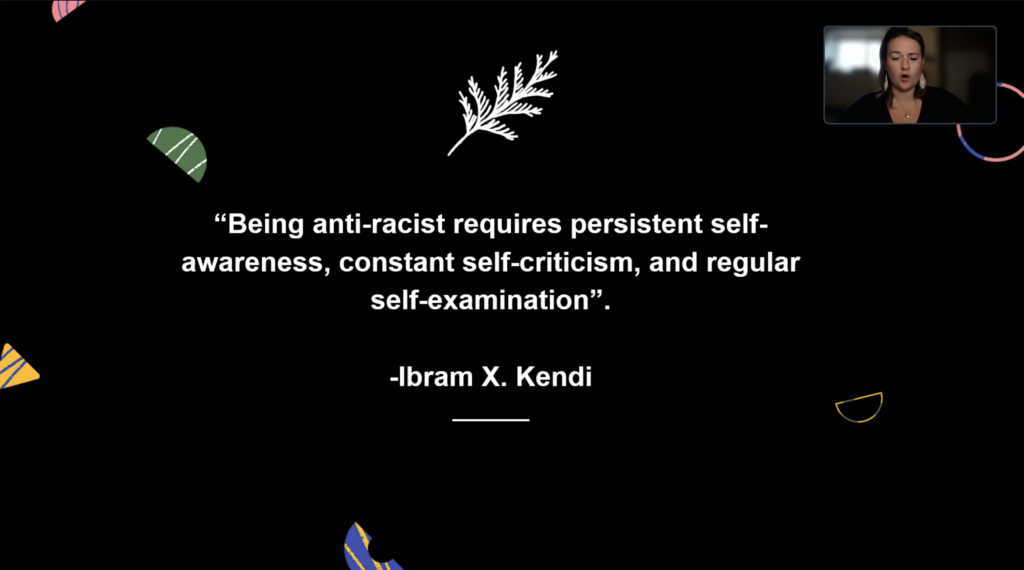
Principles of Indigenous Allyship
In general, allyship is a continuous process of learning, unlearning, reflection, and doing. Key principles of allyship include the following:
- Allyship recognizes prejudice: “We need to stop asking whether we are prejudiced – we are,” says McIntyre. “We need to ask how we are prejudiced and where it comes up.” Through education and awareness, it is possible to become more aware of one’s own prejudices and learn how to avoid acting on them.
- Allyship goes beyond Territory Acknowledgements: Len Pierre notes that more transformative approaches to Territory Acknowledgements come from the heart and address concepts like colonialism and settler privilege. (He has a resource guide on Territory Acknowledgements; see “Further Resources,” below.) Still, allyship needs go further, as part of as ongoing, active process.
- Allyship can be uncomfortable: “We need to embrace that discomfort to be good allies,” says McIntyre.
- Allyship involves unlearning and learning: Non-Indigenous peoples are trained to perceive Indigenous people in a certain way in a particular way. A lot of Indigenous cultural safety involves looking at one’s own reactions and challenging prejudices. It involves naming and understanding privilege. When one is given new information, it is important to apply it.
- Allyship means speaking up to support Indigenous voices and Indigenous-led changes: Non-Indigenous allies cannot claim to apply, themselves, an “Indigenous lens.” Their role is to amplify Indigenous voices and champion Indigenous-led approaches.
- Allyship does not trump accountability: It is important to recognize the effects of actions across spheres of life and work. Being an ally in one sphere does not absolve one of the responsibility for ally-like actions in other spheres.
- Allyship cannot be self-proclaimed: Indigenous people are the only ones who can deem a non-Indigenous person to be an ally
Jully Black: An Indigenous Ally in Action
In February 2023, while singing Canada’s national anthem at the NBA All-Star Game in Utah, Jully Black made an important one-word change: instead of singing “our home and native land,” she sang, “our home on native land.”
“Our home and native land is a lie,” said Black of her decision. “Our home on native land is the truth.”
The decision to change the word arose out of conversations with Black’s Indigenous friends. As an ally, Black used her platform, seized an opportunity, and courageously did what she thought was right while being prepared for the result.
After her courageous choice, Black was praised by Indigenous activists and scholars and honoured in an April 2023 ceremony at the Assembly of First Nations. But she has also faced backlash, including racist and threatening messages.
Black remains undeterred. “I can’t sing the anthem the other way anymore,” she says.
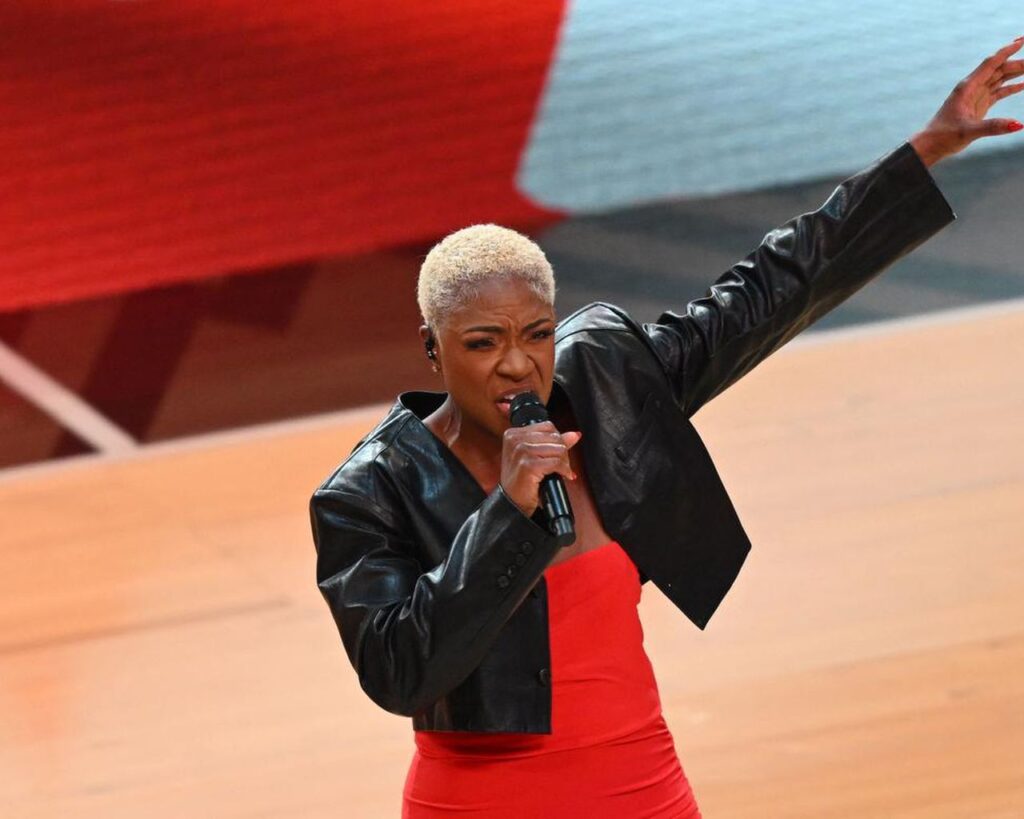
Key Actions of an Ally
Listen with empathy. Do you recall the old saying that you should listen twice as much as you talk, because you have two ears and only one mouth? McIntyre suggests that actually, when you listen with empathy, you have a third ear, which is your heart. As you listen, it is important to be empathetic. As well, you should replace judgement with curiosity; it is important to create safe places where people can listen without being judged.
Commit to ongoing learning. Indigenous allyship is aspirational; it is a journey, rather than something one can achieve or complete. A lot of learning is unlearning; educating oneself on Indigenous histories, cultures, and perspectives is critical.
Take action.
- Call out racism: The goal in this case is to end violent or unsafe behaviour related to someone’s race. It is done publicly, in cases where you may or may not know the person.
- Call someone in to address racism: This is done within personal or professional settings, with the aim of educating someone and facilitating a change in behaviour.
- Lean in to create safe spaces for learning and feedback: Work with a team, proactively, to establish cultures of feedback and criticism.
If you make mistakes, apologize in an honest and meaningful way. Do not expect to be perfect, but be willing to apologize, expressing remorse and acknowledging the harm of your actions. Consider offering an idea for repair. (To ask, “What can I do to make it better?” is to offload the burden for coming up with a repair; welcoming feedback on your offered idea is a better approach.) Commit to change. You can ask for forgiveness but should recognize that a person might not be willing or ready to grant it.
Commit to one next thing: Allies can carefully assess where they are in their learning and what single important next step they can take to educate themselves or offer support in their workplaces or broader communities.
This article is based on the “Indigenous Allyship” presentation delivered June 2023 by Marissa McIntyre, Associate Facilitator, Inclusivity. To host a webinar on this topic in your organization, or community, please contact [email protected]
Additional Resources
About National Indigenous History Month (Government of Canada)
https://www.rcaanc-cirnac.gc.ca/eng/1683124800202/1683124846095
Learning Resources about First Nations, Inuit and Métis across Canada (Government of Canada)
https://www.rcaanc-cirnac.gc.ca/eng/1621447127773/1621447157184
Microaggressions Against Indigenous Peoples and Its Impacts (the Indigenous Foundation)
Transformative Territory Acknowledgement Guide (Len Pierre Consulting)
https://www.lenpierreconsulting.com/_files/ugd/90c86d_b3aa5cd2564c4d77a72b7b397d96add0.pdf

